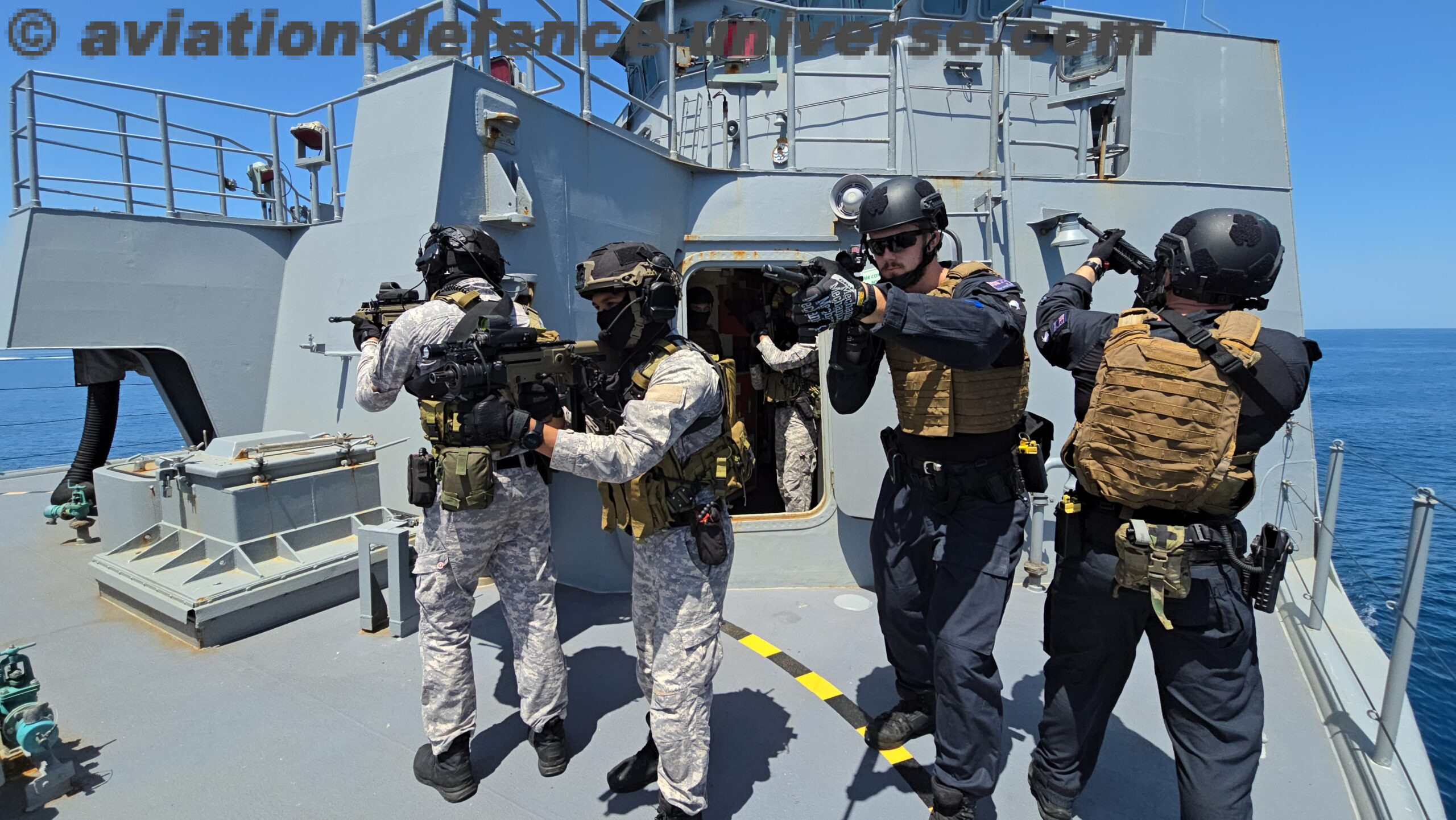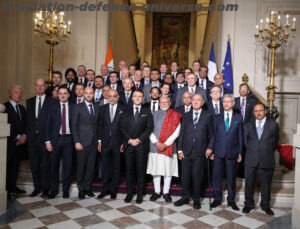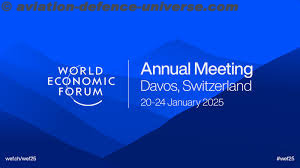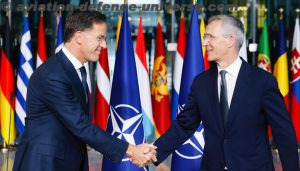U.S. Assistant Secretary of Defense for Indo-Pacific Security Affairs Ely Ratner, Japan Director General for Defense Policy Masuda Kazuo, and Republic of Korea (ROK) Deputy Minister for National Defense Policy Heo Tae-keun convened the 13th Defense Trilateral Talks (DTT) in Washington, D.C., on April 14, 2023. The representatives exchanged assessments of the security environment on the Korean Peninsula and broader region, and they consulted on concrete ways to deepen U.S.-Japan-ROK security cooperation.
The three defense officials confirmed that each side would remain vigilant and enhance trilateral security cooperation to deter the Democratic People’s Republic of Korea’s (DPRK) nuclear and missile threats and to strengthen peace and stability on the Korean Peninsula and in the Indo-Pacific region. They condemned in the strongest terms the DPRK’s repeated violations of United Nations Security Council resolutions (UNSCRs), including its continuous nuclear and missile provocations and illicit ship-to-ship transfers, and they affirmed the international community’s shared goal to ensure the DPRK fully complies with its obligations under relevant UNSCRs. They urged the DPRK to stop all destabilizing activities immediately. They reaffirmed that a DPRK nuclear test, if conducted, would be met with a strong and resolute response from the international community. They also reiterated that the path to dialogue remains open toward peaceful and diplomatic resolution with the DPRK, and the three officials called on the DPRK to return to negotiations. To this end, the U.S. and Japanese representatives expressed support for the goal of the ROK Government’s “Audacious Initiative,” which aligns with the three sides’ shared commitment to achieve complete denuclearization of the Korean Peninsula.
The three representatives also discussed the security situation in the Indo-Pacific region and reiterated their shared commitment to the rules-based international order. They emphasized the importance of peace and stability across the Taiwan Strait. They reaffirmed the need to stand with Ukraine against Russia’s unprovoked and brutal war of aggression and recognized that it is a serious violation of territorial integrity and sovereignty which undermines the fabric of the entire international order.
The three sides discussed the regularization of missile defense exercises and anti-submarine exercises to deter and respond to DPRK’s nuclear and missile threats, and discussed ways to resume trilateral exercises, including maritime interdiction and anti-piracy exercises, in order to maintain peace and stability in the region in a more effective manner.
The United States expressed full support for Japan and ROK commitments to further strengthen communication and collaboration among the defense authorities, particularly in leveraging their respective bilateral General Security of Military Information Agreements (GSOMIA) toward peace and stability on the Korean Peninsula and in the region.
In line with the commitment of U.S., Japan, and ROK leaders to share “DPRK missile warning data in real time” at the Phnom Penh Summit on November 13, 2022, the three representatives affirmed ongoing work to fully leverage the existing information frameworks including the Trilateral Information Sharing Arrangement (TISA)to improve coordination and cooperation among the three countries. The United States also reiterated its ironclad commitment to defend Japan and the ROK, which is backed by the full range of defensive capabilities – including nuclear.
The three representatives affirmed that the discussion during the 13th Defense Trilateral Talks has greatly contributed to a substantive development of the U.S.-Japan-ROK security cooperation. Furthermore, they agreed to hold the 14th Defense Trilateral Talks next year in Seoul on a date to be mutually determined.
The three sides discussed the regional situation including DPRK nuclear and missile threats and concrete ways to enhance trilateral defense cooperation. They affirmed their commitment to support their respective ministers at the next Trilateral Ministerial Meeting (TMM).





























































































































